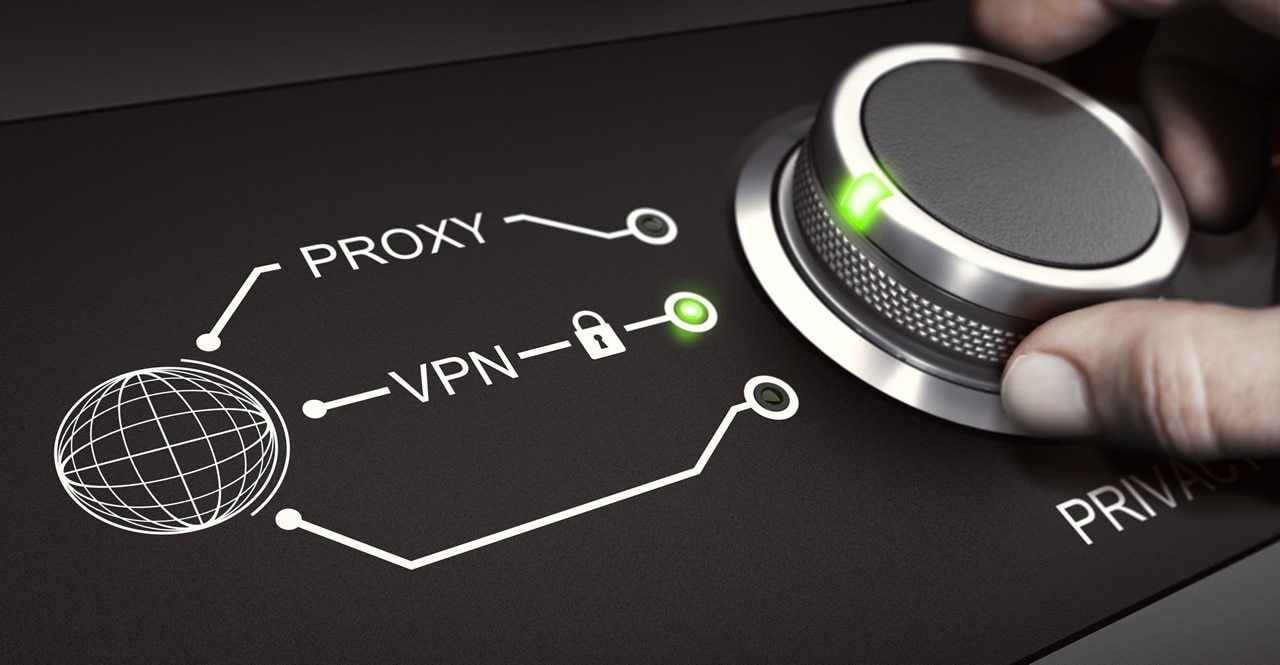In an age where digital footprints are as significant as physical ones, ensuring the security and privacy of our online activities has become paramount. The advent of Virtual Private Networks (VPNs) has revolutionized the way we navigate the digital landscape, offering a formidable shield against cyber threats and invasive surveillance. In this in-depth exploration, we unravel the intricacies of VPN technology and elucidate why it is imperative for individuals to incorporate it into their online arsenal.
Understanding VPNs: Decoding the Technology
At its core, a Virtual Private Network is a network of servers strategically distributed across the globe, interconnected via encrypted tunnels. When you connect to a VPN server, your internet traffic is routed through this secure tunnel, effectively masking your IP address and encrypting your data. This clandestine operation not only shields your online activities from prying eyes but also enhances anonymity and security.
Preserving Privacy in a Surveillance-Driven World
In an era characterized by pervasive surveillance and data mining, preserving privacy has become an uphill battle. Internet service providers (ISPs), government agencies, and malicious actors lurk in the shadows, eager to harvest valuable information for nefarious purposes. By channeling your internet traffic through a Virtual Private Networks, you thwart these surveillance efforts, rendering your online activities virtually invisible to outside observers.
Moreover, VPNs serve as a bulwark against the perils of public Wi-Fi networks, which are often breeding grounds for hackers and cybercriminals. By encrypting your data transmissions, Virtual Private Networks fortify your defenses, mitigating the risk of interception and unauthorized access.
Combating Geo-Restrictions and Censorship
Beyond privacy concerns, Virtual Private Networks offer a gateway to a borderless internet, unshackling users from the constraints of geo-restrictions and censorship. Whether you seek to bypass regional content blocks, access streaming services unavailable in your country, or evade government-imposed censorship, a VPN grants you unrestricted access to the vast expanse of the digital realm.
Protecting Sensitive Data from Cyber Threats
In an increasingly interconnected world, the specter of cyber threats looms large, preying on unsuspecting users and organizations alike. From phishing scams and malware attacks to data breaches and identity theft, the digital landscape is fraught with peril. A Virtual Private Network serves as a robust defense mechanism, erecting an impenetrable barrier against these malicious incursions.
By encrypting your internet traffic and concealing your IP address, a Virtual Private Networks renders your sensitive data impervious to interception and exploitation. Whether you're conducting online banking transactions, sharing confidential documents, or communicating with colleagues, the peace of mind afforded by a VPN is invaluable.

Navigating the Ethical Quandaries
While the benefits of Virtual Private Networks are indisputable, ethical considerations loom large in the discourse surrounding their use. From enabling illicit activities and circumventing copyright laws to facilitating online anonymity and free speech, Virtual Private Networks straddle the fine line between empowerment and subversion.
It is incumbent upon users to wield this technology responsibly, exercising prudence and discretion in their online endeavors. While VPNs offer a sanctuary from surveillance and censorship, they should not be weaponized for nefarious purposes or used as a cloak for illicit activities. By adhering to ethical principles and respecting the boundaries of legality and morality, users can harness the transformative potential of Virtual Private Networks while upholding the principles of digital citizenship.
Choosing the Right VPN: Navigating the Maze
Amidst the proliferation of Virtual Private Network providers saturating the market, selecting the right one can be a daunting task. Factors such as encryption protocols, server locations, bandwidth limitations, and logging policies warrant careful consideration. Opting for a reputable Virtual Private Network provider with a track record of reliability, transparency, and commitment to user privacy is paramount.
Furthermore, users should scrutinize the fine print of Virtual Private Network service agreements, paying close attention to data retention policies, jurisdictional considerations, and potential loopholes that may compromise privacy. By conducting due diligence and exercising discernment, users can ensure they are entrusting their online security to a trustworthy ally.
Final Thoughts
In an era marred by digital threats and privacy infringements, Virtual Private Networks emerge as a beacon of hope, empowering users to reclaim sovereignty over their online presence. By harnessing the power of encryption and anonymity, VPNs offer a sanctuary from surveillance, censorship, and cyber threats, fostering a more secure and liberated digital ecosystem.
As stewards of the digital realm, it is incumbent upon us to wield this technology responsibly, mindful of the ethical considerations and societal implications. By embracing Virtual Private Networks as indispensable tools in our digital arsenal, we embark on a journey towards a safer, more resilient online future.
In the ever-evolving landscape of cyberspace, the adoption of VPNs transcends mere prudence—it is a declaration of sovereignty, a reaffirmation of our fundamental rights to privacy and security in the digital age. Let us seize this opportunity to fortify our defenses, safeguard our online identities, and embark on a path towards digital emancipation.
.


